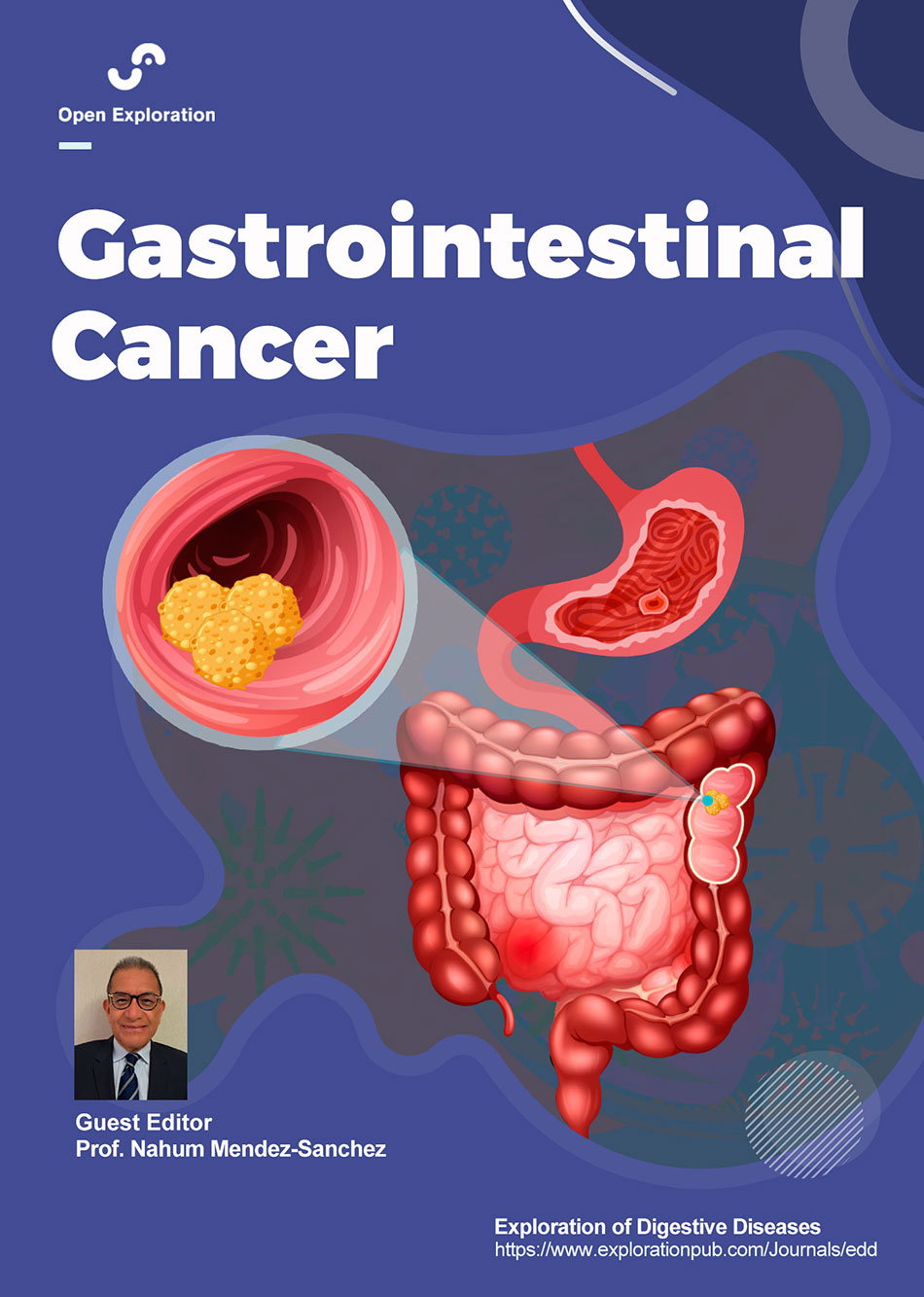
Gastrointestinal Cancer
Guest Editor
Prof. Nahum Mendez-Sanchez E-Mail
Department of Faculty of Medicine, National Autonomous University of Mexico, Mexico, Mexico
Research Keywords: Liver fibrosis; fatty liver (MASLD); bile acids metabolism; bilirubin metabolism; obesity related cirrhosis complications
About the Special lssue
Gastrointestinal (GI) cancer remains a significant global health challenge, encompassing a diverse group of malignancies affecting the digestive system, including the esophagus, stomach, liver, pancreas, small intestine, colon, and rectum. These cancers collectively account for a substantial proportion of cancer-related morbidity and mortality worldwide. Despite advancements in diagnostic techniques, therapeutic strategies, and understanding of the molecular underpinnings, GI cancers continue to pose diagnostic and therapeutic challenges due to their heterogeneity and often late-stage presentation.
This special issue aims to consolidate recent progress and emerging research in the field of gastrointestinal oncology. It covers a wide array of topics, including advancements in early detection methods such as biomarker discovery, imaging technologies, and non-invasive screening tools. The issue also explores novel therapeutic approaches, including targeted therapies, immunotherapy, and the role of personalized medicine in improving patient outcomes.
Additionally, the issue delves into the genetic and epigenetic alterations driving GI cancer pathogenesis, offering insights into the tumor microenvironment, cancer stem cells, and mechanisms of resistance to current treatments. The impact of lifestyle factors, microbiome alterations, and dietary interventions on GI cancer risk and progression are also examined, highlighting the importance of preventative strategies.
Furthermore, the special issue addresses disparities in GI cancer care, emphasizing the need for equitable access to advanced diagnostics and treatments across different populations. Through comprehensive reviews, original research articles, and clinical studies, this issue seeks to provide a platform for the dissemination of cutting-edge knowledge and foster collaborative efforts aimed at improving the prevention, diagnosis, and management of gastrointestinal cancers.
This collection of works will be invaluable for clinicians, researchers, and healthcare professionals dedicated to advancing the field of gastrointestinal oncology, ultimately contributing to better patient care and outcomes.
Keywords: Cancer, stomach, liver, pancreatic, colon, GI, gastrointestinal endoscopy, endoscopic ultrasound, immunotherapy